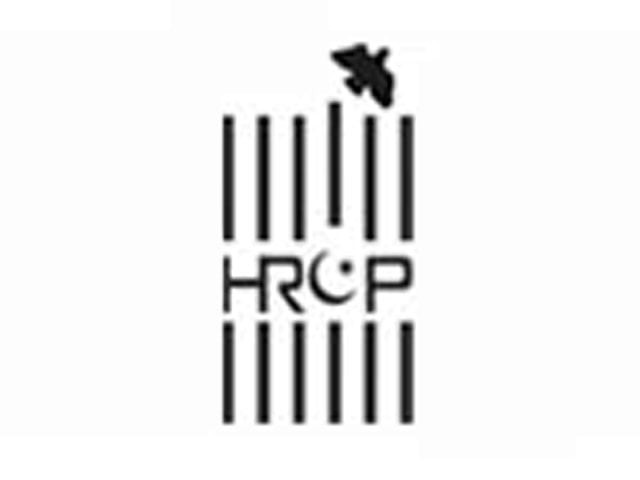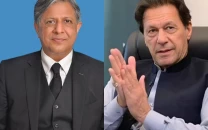HRCP alarmed by spy agencies' interference in judiciary
Such authoritarian tactics have compromised integrity of legal system, rights watchdog argues

The Human Rights Commission of Pakistan (HRCP) has voiced profound apprehension over allegations made by six high court judges regarding alleged interference and intimidation by the state's intelligence agencies, suggesting that such actions have severely compromised the independence of the judiciary.
On March 25, a joint letter addressed to the Supreme Judicial Council (SJC), led by Chief Justice Qazi Faez Isa, was authored by six judges of the Islamabad High Court (IHC). Among them were Justice Mohsin Akhtar Kiyani, Justice Tariq Mehmood Jahangiri, Justice Babar Sattar, Justice Sardar Ejaz Ishaq Khan, Justice Arbab Muhammad Tahir, and Justice Saman Rafat Imtiaz.
In the letter, the judges raised serious concerns about the undue "interference" of intelligence agencies in the court's affairs, including attempts to manipulate the constitution of benches.
The judges alleged that intelligence operatives have meddled with legal proceedings within the Islamabad High Court, suggesting a disturbing trend of interference in politically consequential matters.
Also read: SC holds full court session after IHC judges seek action against intervention by agencies
The HRCP, in a statement issued on Wednesday, echoed the judges' apprehension, labeling the alleged interference as a "continuing policy" orchestrated by the executive branch.
Moreover, the HRCP expressed distress over reports of judges' relatives being subjected to abduction and torture allegedly by intelligence personnel as a means of intimidation. Additionally, revelations of illegal surveillance conducted in judges' homes further underscored the erosion of judicial independence, it said.
Highlighting the broader implications of such interference, the HRCP warned that if higher court judges are susceptible to such blatant interventions, lower courts might be even more vulnerable. Such authoritarian tactics, the rights watchdog argued, have compromised the integrity of the legal system, hindering people's access to justice—a fundamental right enshrined in the Constitution.
The HRCP emphasised the urgent need for transparent civilian oversight of intelligence services through new legal frameworks, asserting that such measures are essential to reinforce democratic checks and balances.
The organisation has long advocated for reforms to address the unchecked powers of intelligence agencies, which it believes have inflicted significant harm on Pakistan's institutional fabric.



















COMMENTS
Comments are moderated and generally will be posted if they are on-topic and not abusive.
For more information, please see our Comments FAQ